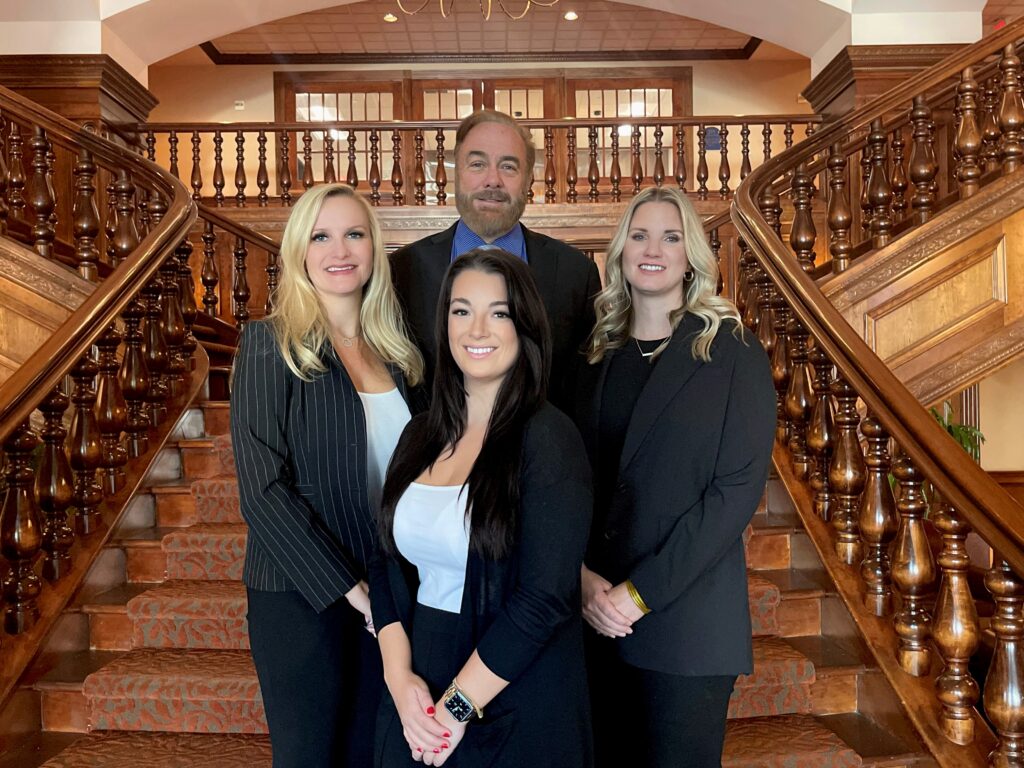It is well recognized that “certification of open questions of state law to the state supreme court can ‘in the long run save time, energy, and resources and helps build a cooperative judicial federalism,’ but ‘[i]ts use in a given case rests in the sound discretion of the federal court.’” Thompson v. Paul, 547 F.3d 1055, 1065 (9th Cir. 2008) (citing Lehman Bros. V. Schein, 416 U.S. 386, 391 (1974)). In the case of Arizonans for Official English v. Arizona, the United States Supreme Court was very critical of the Ninth Circuit and the District Court for its failure to certify a state law question to the state supreme court stating: “Speculation by a federal court about the meaning of a state statute in the absence of prior court adjudication is particularly gratuitous when . . . the state courts stand willing to address questions of state law on certification from a federal court.” Arizonans for official English v. Arizona, 250 U.S. 43, 79 (1997).
In the case of Thompson v. Paul, the Ninth Circuit expressly recognized that the decision to certify a question to the state supreme court lies within the sound discretion of the Bankruptcy Court. In Thompson v. Paul, there were issues of state law and also federal law to be decided on appeal. Therefore, certification to the state supreme court would only would have resolved some, but not all of the appellate issues. Therefore, federal courts should give more weight to cases involving only state issues, than cases involving mixed issues of state and federal law when determining whether to certify a question to a state supreme court.
Certifying a state law question to the state supreme court can save considerable time in a federal court. This is because each party has a right to appeal, and each party has the right to have the state law legal issue reviewed by the Ninth Circuit. In this regard, the federal system is far more expensive and lengthy than a certification of the state law legal issue to the Arizona Supreme Court. For example, in the case of Smith v. Lachter, a state law question was certified to the Arizona Supreme Court by order entered May 3, 2004. The Arizona Supreme Court then answered the certified question by its ruling of December 1, 2004. This was less than a seven month turnaround.
In contrast, a trip through the two layers of federal appeals usually takes at least three years. In another case in the Ninth Circuit, the court returned the mandate to the bankruptcy court on March 24, 2010, on a notice of appeal filed August 3, 2006. Therefore, a going through the appeal process can take over 3 years, versus less than a year in a state supreme court.
Arizona Bankruptcy Attorney
Contact Us
